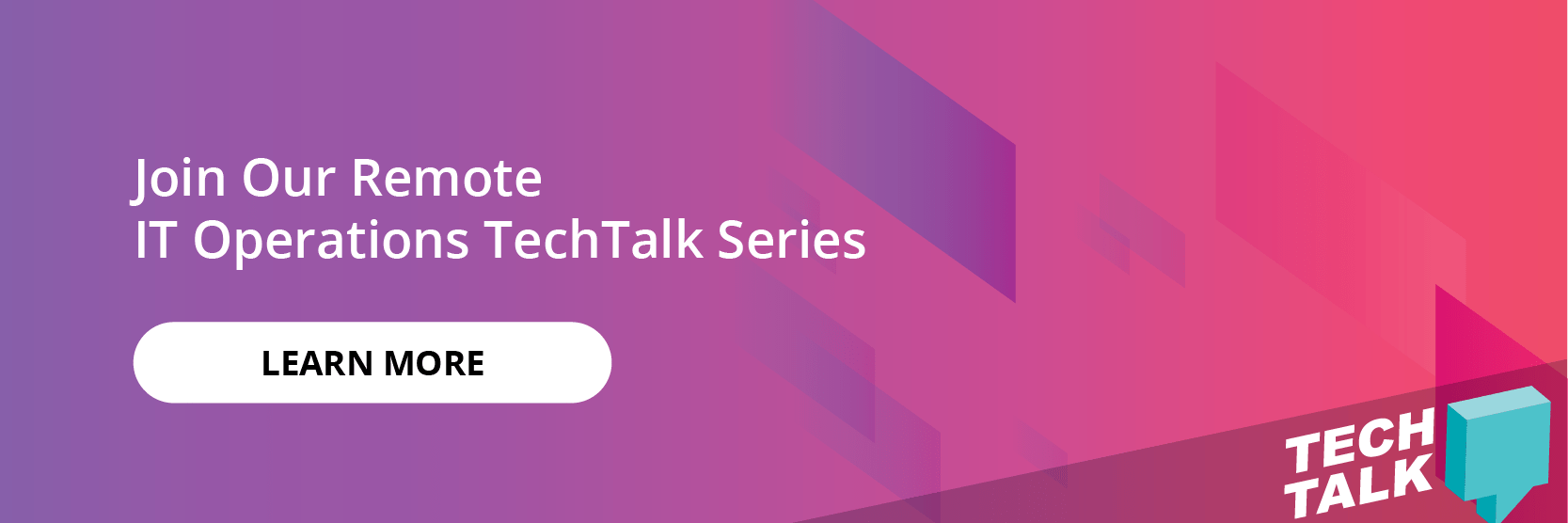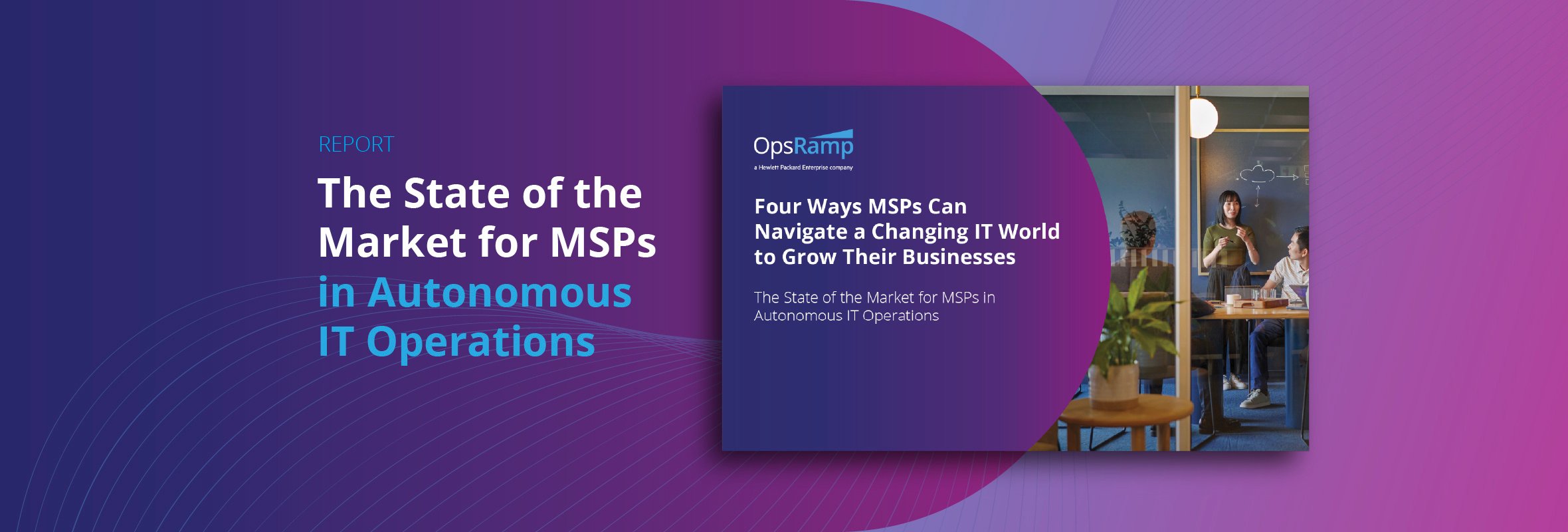This article originally appeared in MSP Insights.
In this article:
- Major factors contributing to growth and evolution of the MSP market;
- Why enterprise cloud complexity is creating new opportunities for MSPs;
- Top areas of expertise where MSPs can bring value now.
Managed service providers (MSPs) have been around for more than 20 years, and my how things have changed since they grew out of the original application service provider (ASP) model. Until recently, MSPs have focused primarily on remote monitoring, security, network management and other routine IT tasks that CIOs would rather outsource for cheaper than they can run internally. The MSP’s history as a transactional partner for IT can sometimes be summed up by the depressing adage: “managing the same mess for less.”
But as cloud adoption grew, MSPs began to expand offerings to include public and private cloud design, migration and management services. This has contributed to a new purpose for MSPs: even a lifeline, especially as software-defined infrastructure and automation have replaced some of their traditional skill sets.
The managed services market is expected to grow from $180.5 billion in 2018 to $282 billion by 2023, at a CAGR of 9.3 percent during the forecast period, according to Markets and Markets. The major factors driving this growth, according to the research firm, include “the increasing dependence of organizations on IT assets to boost their business productivity and growing demands for cloud-based managed services.”
But now, we’re seeing that many CIOs who’ve been moving assets to the cloud, expanding SaaS investments and adopting new technologies such as IoT, blockchain and AI are experiencing the weight of technical debt from legacy technologies and processes. They’re also wrestling with growing complexity costs of new technology: unmanaged cloud sprawl, integration challenges between SaaS and cloud providers, security risks from a highly-distributed IT footprint, shadow IT and so on.
But where there’s pain, there’s opportunity. MSPs looking to grow and survive amid IT marketplace disruption can remake their companies as valuable partners in reducing the risks that come with digital business and IT modernization.
In 451 Research’s “Voice of the Enterprise: Cloud Hosting & Managed Services” survey, organizations highlight cloud platform expertise, advanced platform functions and cloud-native application development as areas where the necessary skills are lacking in-house. “As a result, enterprises are looking to service providers to fill some of these gaps -- over the next two years, nearly half of businesses currently using cloud plan to work with a service provider to acquire cloud platform expertise,” according to the research firm.
MSPs looking to grow and survive amid IT marketplace disruption can remake their companies as valuable partners in reducing the risks that come with digital business and IT modernization.
|
Given the challenges of complexity and pressures upon many IT leaders to be real business partners, working directly with the C suite on the future of the business, MSPs now have a fantastic opportunity to deliver a new suite of services:
|
|
- MSPs as technology simplifiers. Tools and app sprawl are choking the ability of DevOps and ITOps teams to be efficient and gain needed visibility into status, cost and health of the infrastructure and production environment at all points in time. MSPs can help IT leaders analyze the tools environment and rationalize existing investments as well as identify requisite replacement technologies. A top goal should be bringing data sets together for central visibility, monitoring and analytics to continually improve business and IT outcomes.
- MSPs as automation experts. The strategic application of automation can help IT teams work smarter and faster. But determining which solutions to use and for which use cases requires a lot of investigation and domain knowledge. MSPs that can develop this credibility and help CIOs select and optimize AI, machine learning tools and robotic process automation technologies will bring a lot of value.
- MSPs as innovation enablers. The end goal for MSPs in leading some of the activities outlined above is to free up time and resources so that IT organizations can focus on business alignment. As well, if MSPs deliver expertise in strategic areas such as cloud orchestration, intelligent automation, and platform modernization, they give CIOs the foundation for building new customer-facing services that can win market share.
Next Steps:
- Webinar, May 7th: IT Operations Strategies in an Economic Slowdown
- Learn about OpsRamp for Managed Service Providers
- Survey: How IT is Adapting to the New Normal






